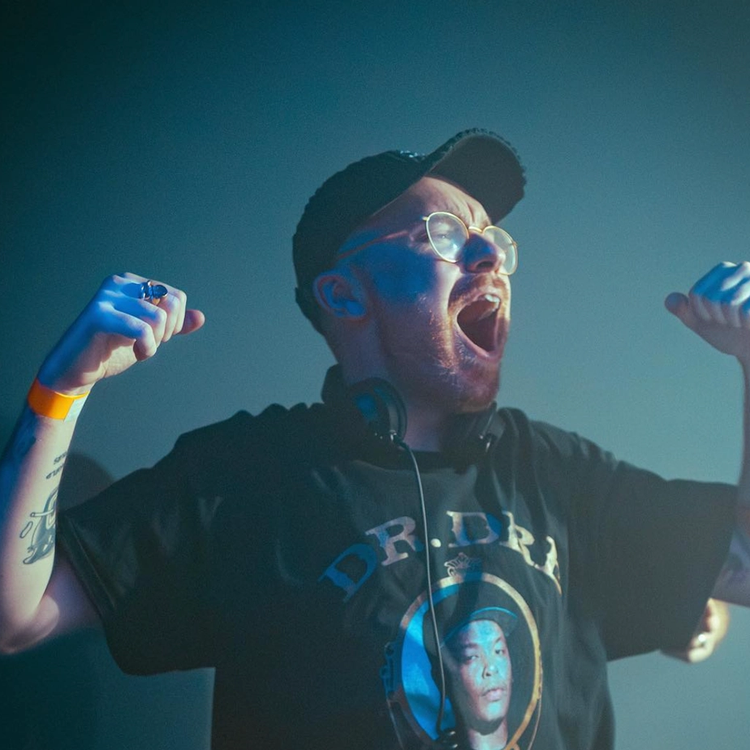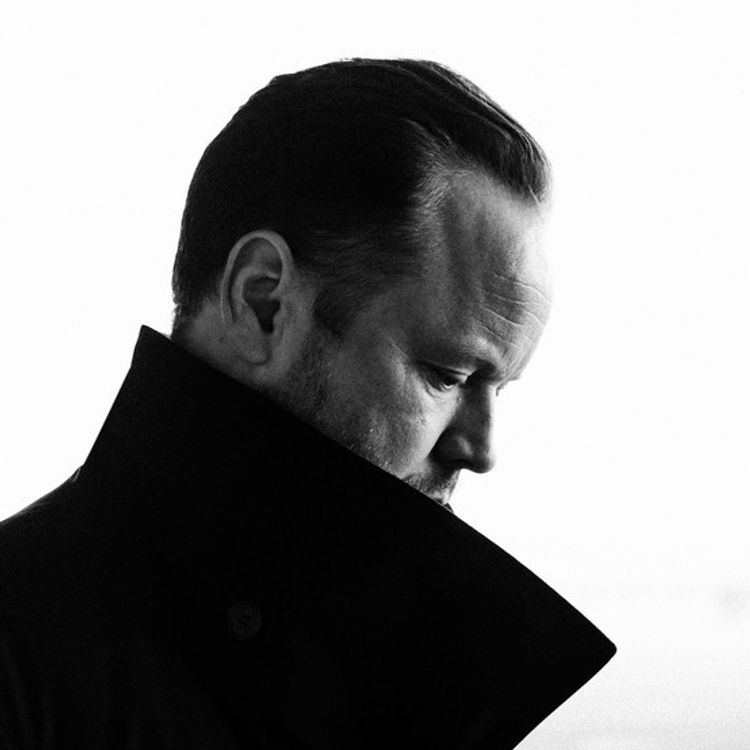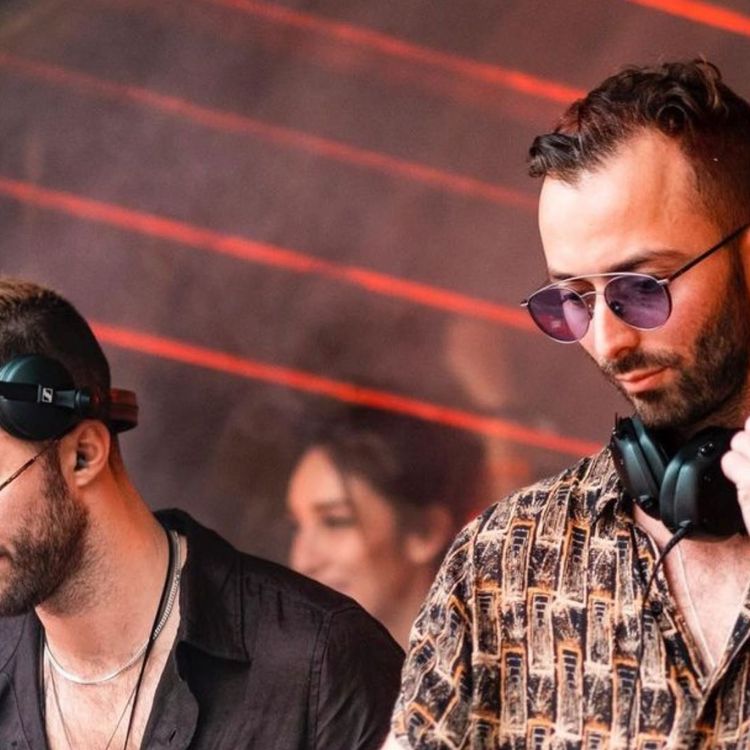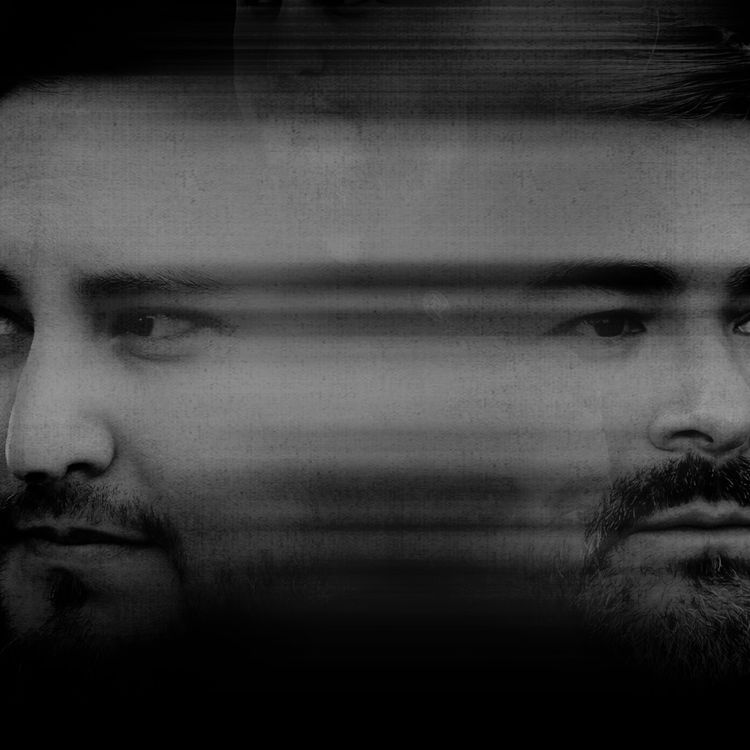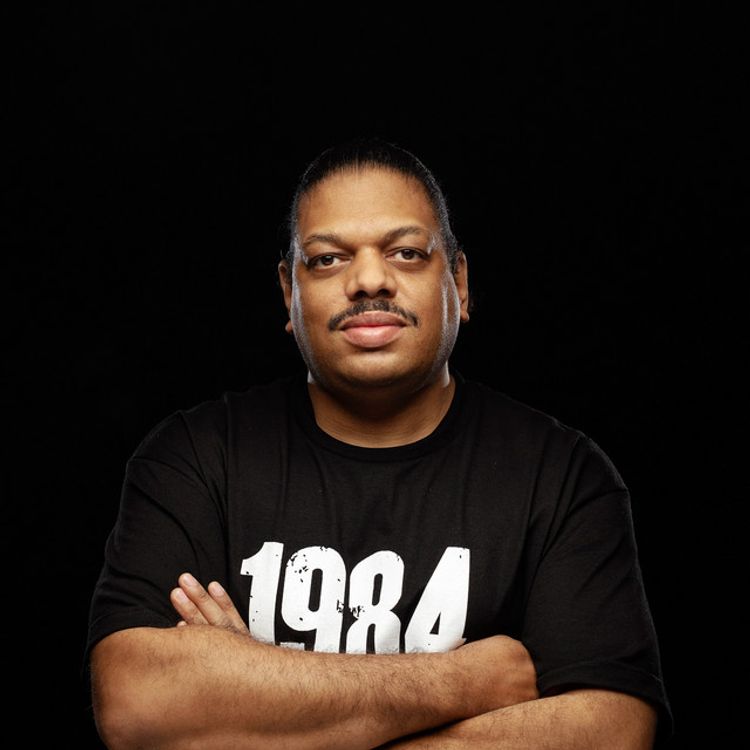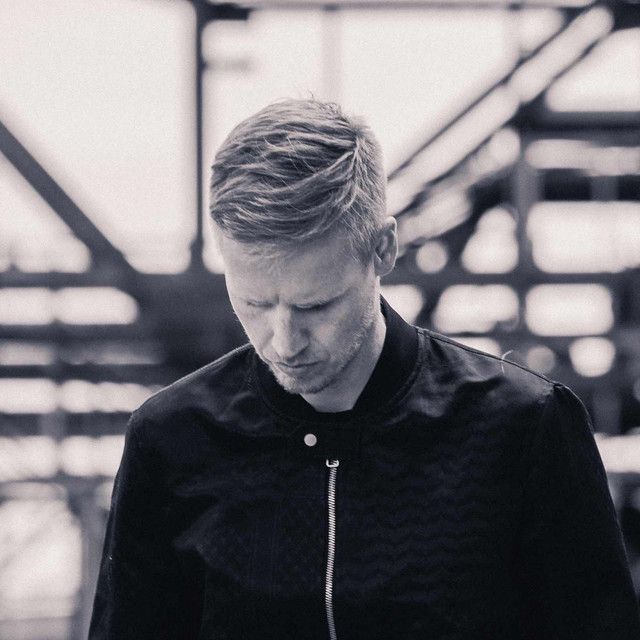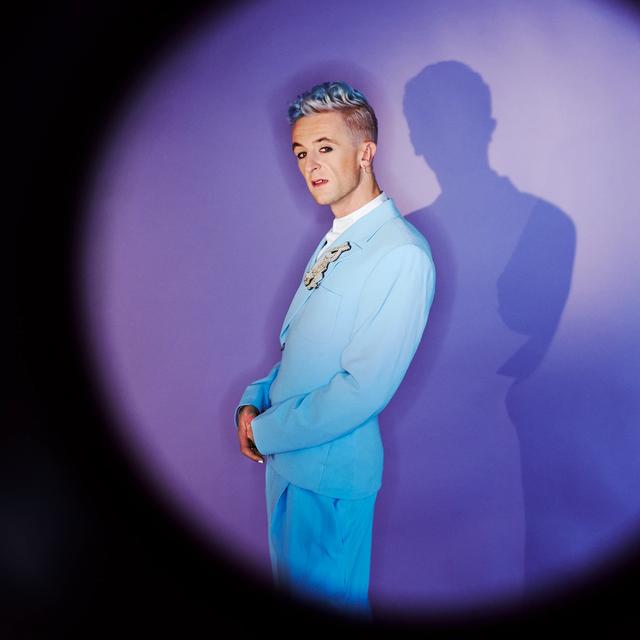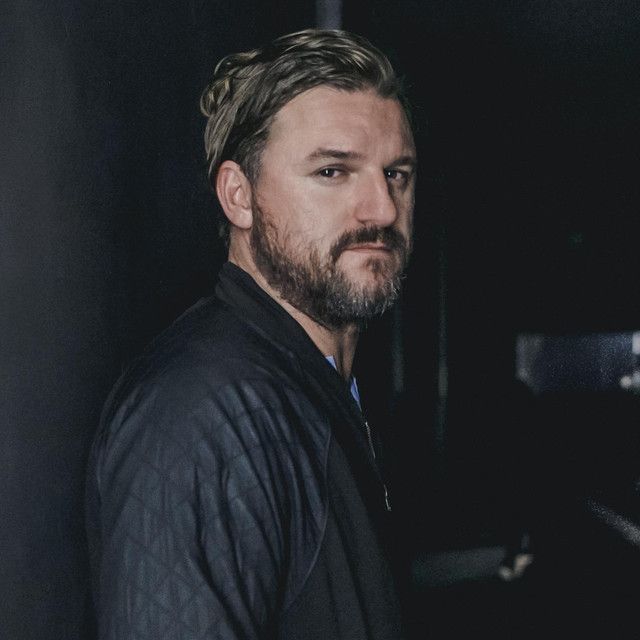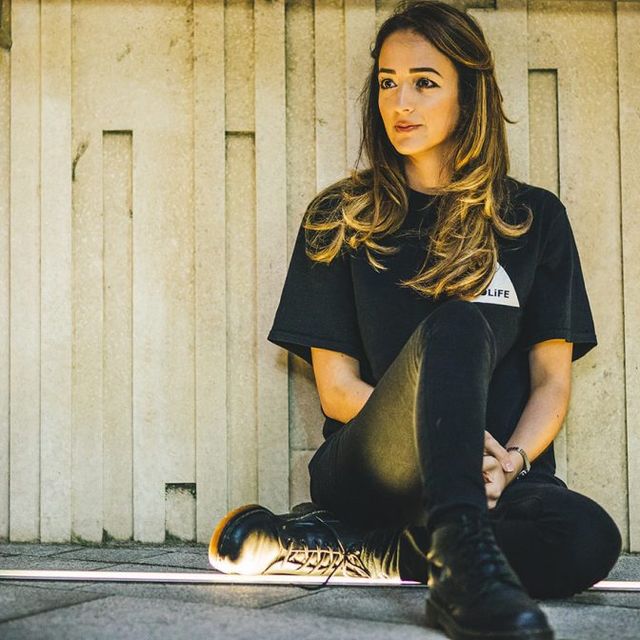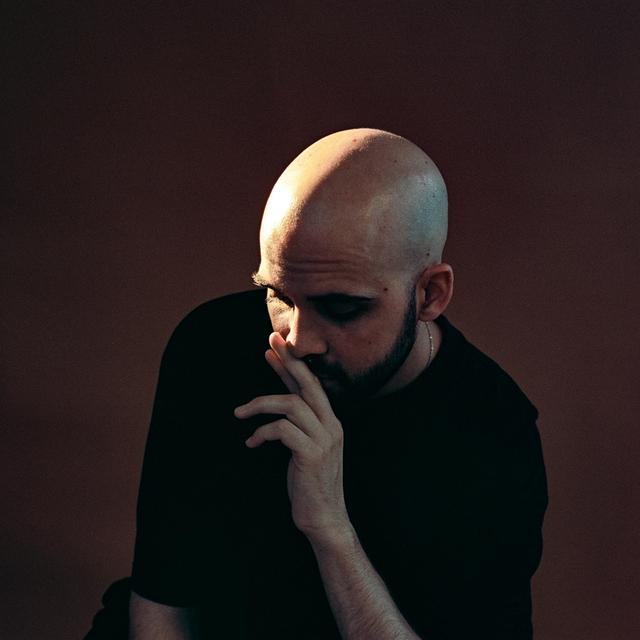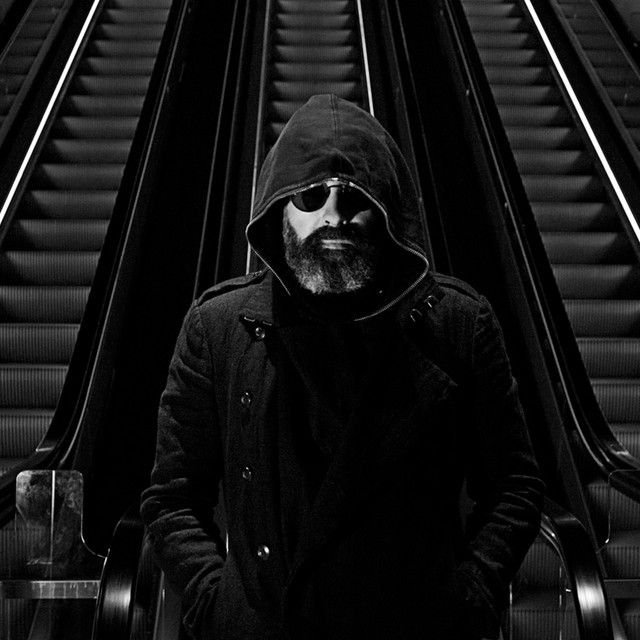Artist Spotlight
ATRIP’s biography is but one sentence: “I create audible emotion on my laptop.” By intertwining club music with dreamy soundscapes and delicate textures, the South London-based DJ/producer makes rousing songs designed for dancing and feeling. Feeling what, exactly? That’s not for him to decide. “I think that’s the beauty of emotional, wordless electronic music,” he says. “It’s up to you what you make of it.”
For the last three years, ATRIP has been on a personal journey to find emotion in his music. A desire to pivot from his heavier early sound, along with the global pandemic lockdown, catalyzed a long and introspective process: how to make music that was “honest” to oneself? He found part of that answer in the outdoors, namely at a nearby park where he walks his dog, among peace and quiet, trees and sunshine—the opposite of a dark and crowded club setting. And whereas he used to be constricted solely to his desktop to make music, ATRIP now regularly produces on the go via laptop, eager to hear what sounds, textures, and inspiration the universe will bring to him. “Now that I’m talking about it,” he realizes, “a lot of the stuff that I’m doing is almost active steps to like work as freely as possible.”
Nature and curiosity are deeply ingrained in ATRIP’s story. Before making roots in South London, he was born in Poland and raised in Munich, Germany, deep in the countryside, where he often crossed cows, sheep, and pigs on his way to school. His love of music began with long drives to football matches with his dad, who showed him artists ranging from 50 Cent’s G-Unit collective to The Prodigy. His Polish uncle introduced him to trance and hardstyle. ATRIP went through a rock phase and learned to play guitar, but soon he became enamored of electronic music’s mystique. At age 11, he downloaded production software on his mom’s laptop in a quest to uncover its layers.
“When you play an instrument it makes sense to me,” he says. “You put it into a mic, someone plays the drums, you put it together and there you have it. Electronic music was way more abstract to me. It was just curiosity, like, how do you make a synth? What is [a synth]? How do you create those weird bass sounds?”
Over the next near-decade, ATRIP continued to experiment. Initially influenced by international artists like Avicii and Skrillex, he found deeper inspiration in his adopted hometown of London through heavy-bass heroes Magnetic Man, Caspa, Benga, and Nero.
“There’s something about the energy,” he says. “If I hear a very well put-together, super aggressive dubstep tune, it does something to me for some reason.”
In time, he released his own speaker-rattling productions, bass house with flourishes of dubstep and drum & bass, on prominent labels such as Bite This!, Mad Decent, Dim Mak, and Insomniac’s In / Rotation. As ATRIP’s profile rose, he had to factor DJing—something he had only done casually at house parties and school discos—into the equation. All the while, he juggled business management studies at university and working for an artist management company, where he learned about the business side of music, from A&R to royalties to commissioning remixes.
Despite experiencing early success in his career and being armed with invaluable industry knowledge, something was still missing.
“What I learned quite quickly is that as a kid who has always loved making and listening to all sorts of music, it’s a scene that’s… there isn’t a lot of openness to people experimenting,” ATRIP says. The curiosity and experimentation that had once fuelled his love of electronic music had been suppressed. “In German, there’s a saying like, there’s a red thread going through things, which means that there’s a connection; everything adds up and makes sense. I think you can have your tone of voice as a musician without sticking to one genre.”
ATRIP was ready to move on. As he prepared for his first US tour, the universe had other plans. The pandemic shut everything down, leaving him and fellow electronic artists uncertain of when they’d work again. As a slim silver lining, lockdown bought him time to experiment.
“I didn’t know what I wanted to do,” he says, “but I knew it had to feel right to me and not what feels right to the booking agent we’re trying to get booked by. It should always start with you.” He worked with singers, rappers, instrumentalists, and other producers from all around the world over the internet to jumpstart his journey. In a quiet, empty room stripped of the CO2 cannons, lasers, and raucous crowds that had once regularly accompanied his sets, ATRIP found the music he made for no one except himself was more melodic, atmospheric, and filled with emotion. As the world tiptoed back to normalcy, he learned to find the middle-ground between his bedroom creations and club-friendlier sounds.
The first product of this new direction was “Für Immer.” Released in February 2022, the song is both melancholy and hopeful, with a pensive melody and bright vocal sample that thaws its moody, UK garage-influenced production like sunshine on snow. “I called it ‘Für Immer,’ German for ‘forever,’ because trends obviously come and go, but I think ideally you wanna make music that is true to you and that will always last forever,” ATRIP says.
As with “Für Immer,” subsequent tracks like “Elsa,” “Salt,” and “Me + You” came together quickly and with little filter, as he meshed together textures, genres, and rhythms to create immersive songs that are both soaring and anchored by a good bassline, emotionally resonant yet inspire energy and ecstasy on the dancefloor. Songs that, like him, don’t fit neatly into one box.
A little over a year into this iteration of ATRIP, the producer has moved his goalposts for success beyond specific label signings and gigs. Through support from radio presenters and fellow producers is still on the list—though already he’s achieved it with plays from Disclosure, DJ Seinfeld, and BBC Radio 1’s Jaguar—these days, he finds more value in hearing from the people who find their connection to his music, even if they’re not (yet) electronic music fans. “The personal aspect of how [my music] has been perceived makes me wake up everyday and just want to do more,” he says.
“I have never been more honest with the music that I wanna make… it just feels one million percent right. Yeah, it’s happy times for me.”

